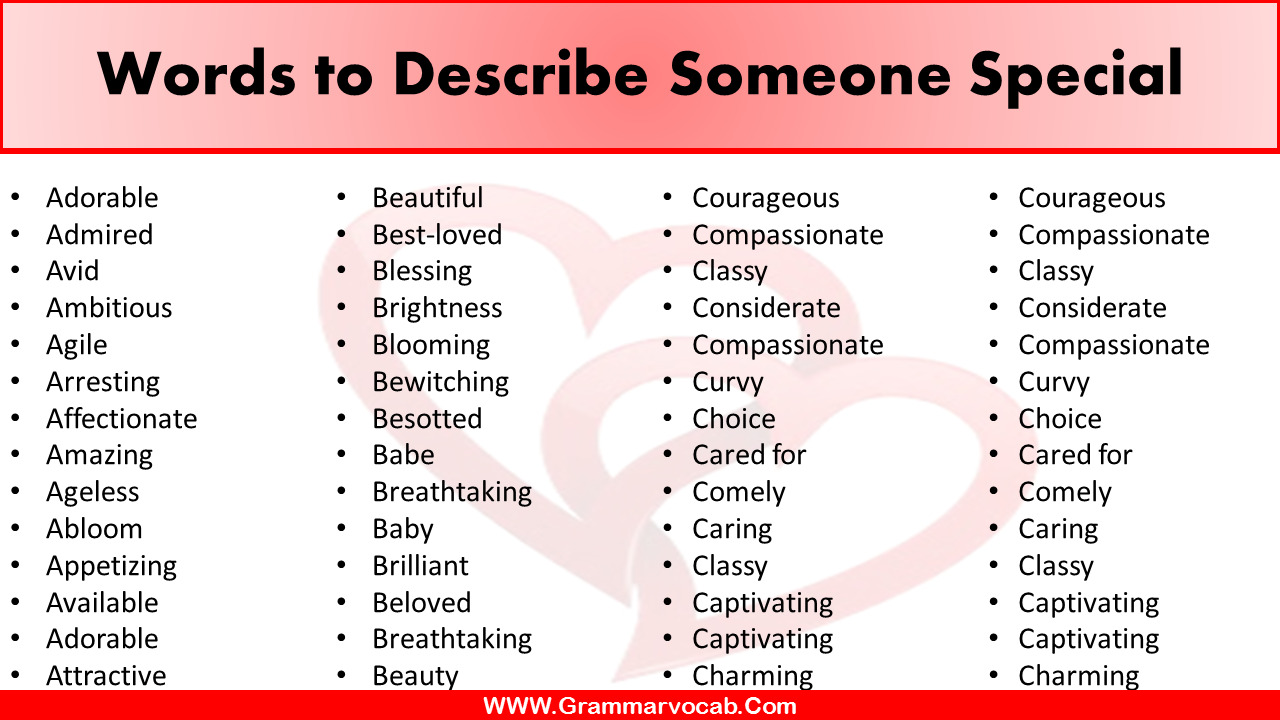Unraveling The Essence Of Love: How To Describe Being In Love
Being in love is one of the most profound human experiences, a feeling that transcends words and logic, enveloping individuals in a tapestry of emotions. It can evoke a sense of bliss that feels almost magical, where every moment becomes a cherished memory, and even the simplest things take on extraordinary significance. Love is a phenomenon that has inspired poets, artists, and thinkers throughout history, all attempting to capture its elusive essence.
Yet, despite its universal nature, each person's experience of love is unique, colored by personal experiences, cultural backgrounds, and individual circumstances. Describing this intricate emotion can be challenging, as it intertwines joy, vulnerability, and an unexplainable connection with another person. The journey of understanding how to describe being in love invites us to explore the nuances of our feelings and the profound impact love has on our lives.
In this article, we will delve into various facets of love, addressing questions that help illuminate this complex emotion. By exploring the ways to articulate the experience of being in love, we hope to provide insights that resonate with those who have felt its powerful embrace, as well as those seeking to understand this beautiful yet enigmatic emotion.
What Does It Mean to Be in Love?
To describe being in love, one must first understand what love truly means. Love is often characterized by an intense feeling of affection, attachment, and care for another person. It can encompass various forms, including romantic love, familial love, and platonic love, each with its own unique qualities.
How Do You Know You Are in Love?
Recognizing the signs of being in love can sometimes be confusing, but there are common indicators that can help you identify this powerful emotion:
- A constant desire to be around the person.
- Feeling a deep emotional connection that goes beyond physical attraction.
- Experiencing happiness and fulfillment when thinking about or being with them.
- A willingness to support and care for their well-being.
- Feeling a sense of security and trust with the person.
Why Do We Fall in Love?
The reasons behind falling in love can vary widely from person to person, influenced by biological, psychological, and social factors. Some of the key reasons include:
- Biological attraction—chemicals in the brain, like dopamine and oxytocin, play a significant role in feelings of love.
- Shared experiences and values create a strong bond.
- Emotional support and understanding strengthen the connection.
- Physical attraction often ignites the initial spark.
How to Describe Being in Love in Words?
Describing love can feel like an insurmountable challenge, as language often falls short of capturing its depth. Here are some ways to express the feeling:
- Use metaphors and similes to convey the intensity of your emotions (e.g., "Being in love feels like a warm embrace on a cold day").
- Share personal anecdotes that illustrate the feelings and experiences associated with love.
- Highlight the qualities that make the other person special to you.
How Does Being in Love Change You?
Being in love can significantly impact your life and personal growth. Some of the changes you might experience include:
- A greater sense of happiness and fulfillment.
- Increased motivation to achieve personal goals.
- Enhanced emotional resilience and coping skills.
- A deeper understanding of yourself and your values.
Can Being in Love Bring Challenges?
While love is often depicted as a fairy tale, it can also present challenges. Some common obstacles include:
- Miscommunication or misunderstandings.
- Differences in values or life goals.
- The vulnerability that comes with opening your heart to another person.
How to Nurture Your Love?
To sustain love, it is essential to nurture the relationship continuously. Here are some tips:
- Communicate openly and honestly about your feelings and needs.
- Spend quality time together, engaging in shared activities.
- Show appreciation and affection regularly.
What Are the Long-Term Effects of Being in Love?
Being in love can have lasting effects on your life, including:
- Strengthening your emotional intelligence and empathy.
- Building a support system for navigating life's challenges.
- Creating lasting memories and a sense of belonging.
How to Describe Being in Love in Art and Literature?
Artists and writers have long sought to capture the essence of love through their work. Here are some ways they do this:
- Using vivid imagery to evoke emotions.
- Creating characters whose experiences mirror the complexities of love.
- Exploring themes of love, loss, and redemption.
In conclusion, understanding how to describe being in love is a journey that involves self-reflection and a willingness to explore the depths of your emotions. Love is a multifaceted experience that can bring joy, growth, and challenges, all of which contribute to its richness. By articulating our feelings and sharing our experiences, we can better appreciate the transformative power of love in our lives.
Unveiling The Life And Legacy Of Connie Kline
Divine Inspirations: Names That Mean Holy
Unveiling The Age Of Halle Bailey: A Journey Through Time


